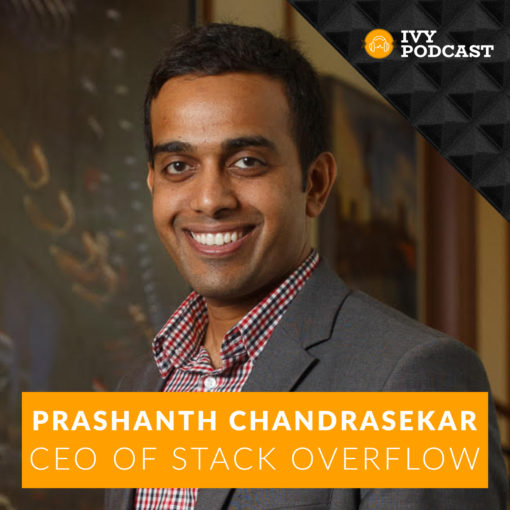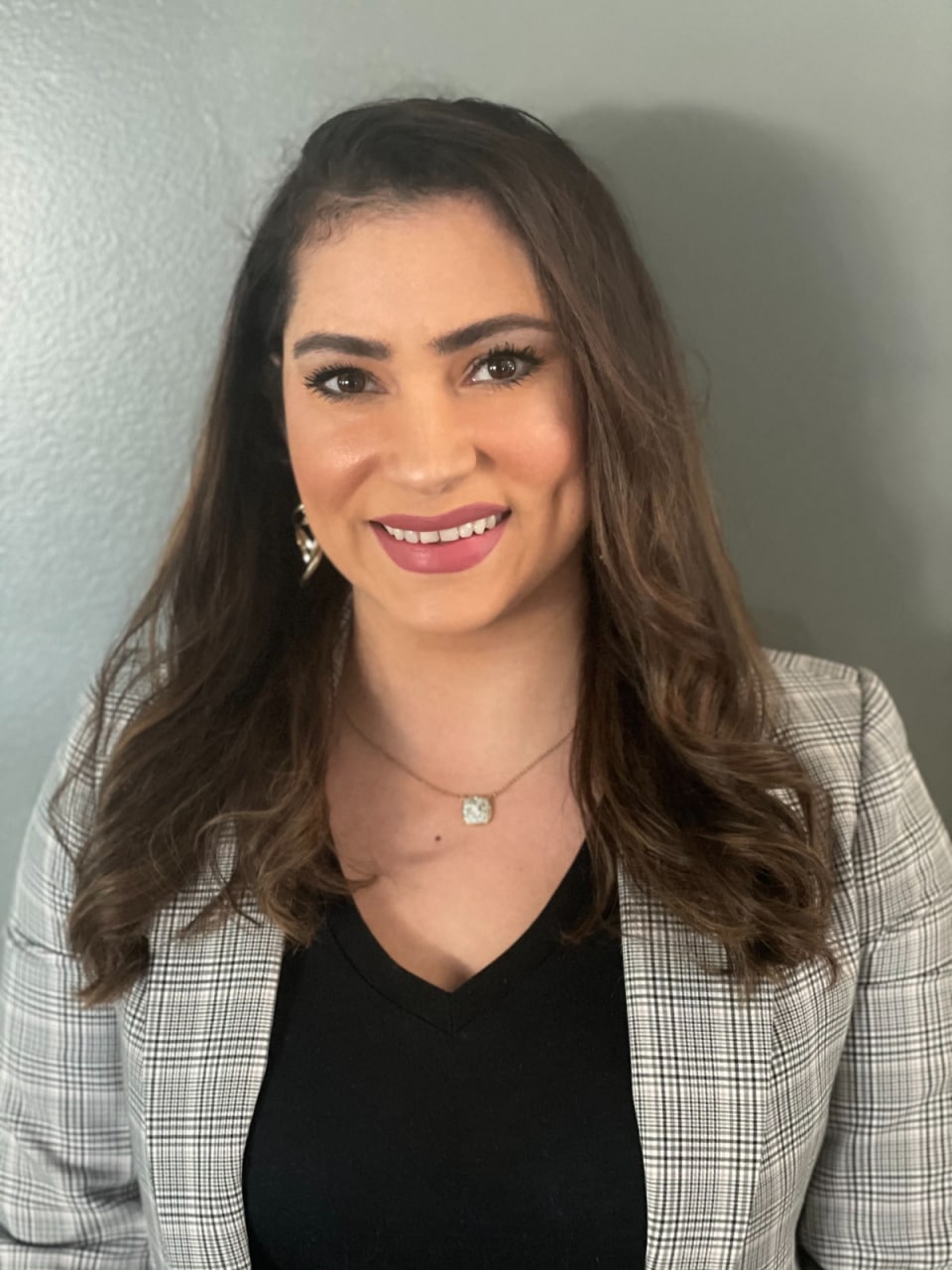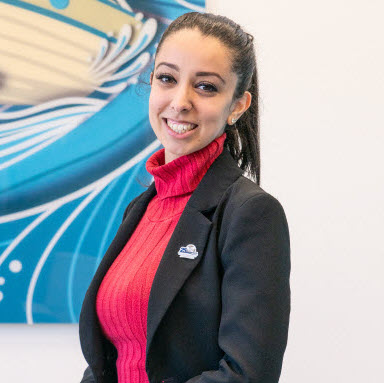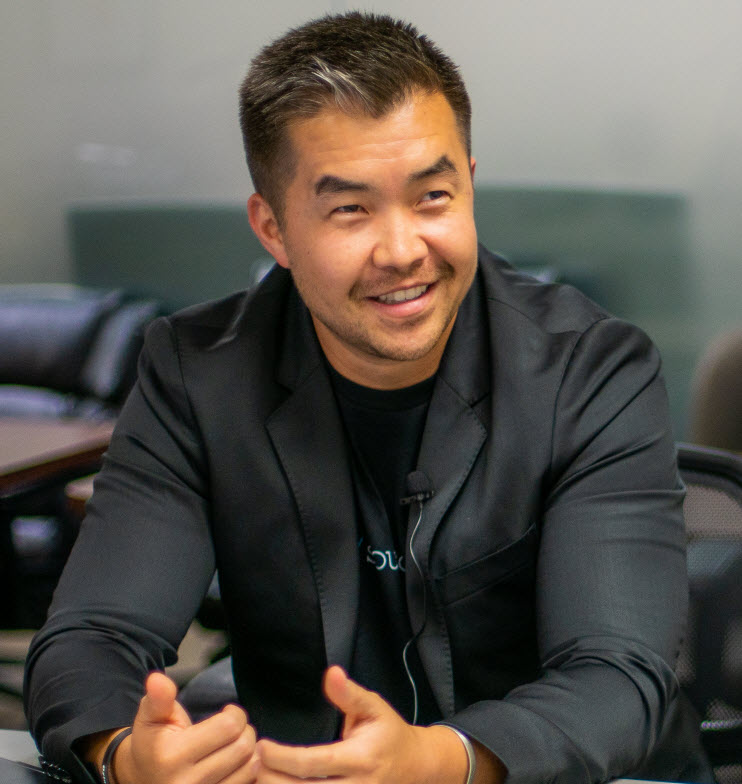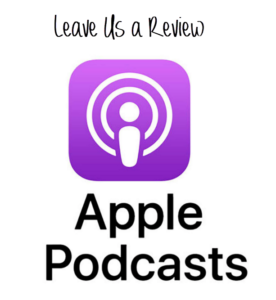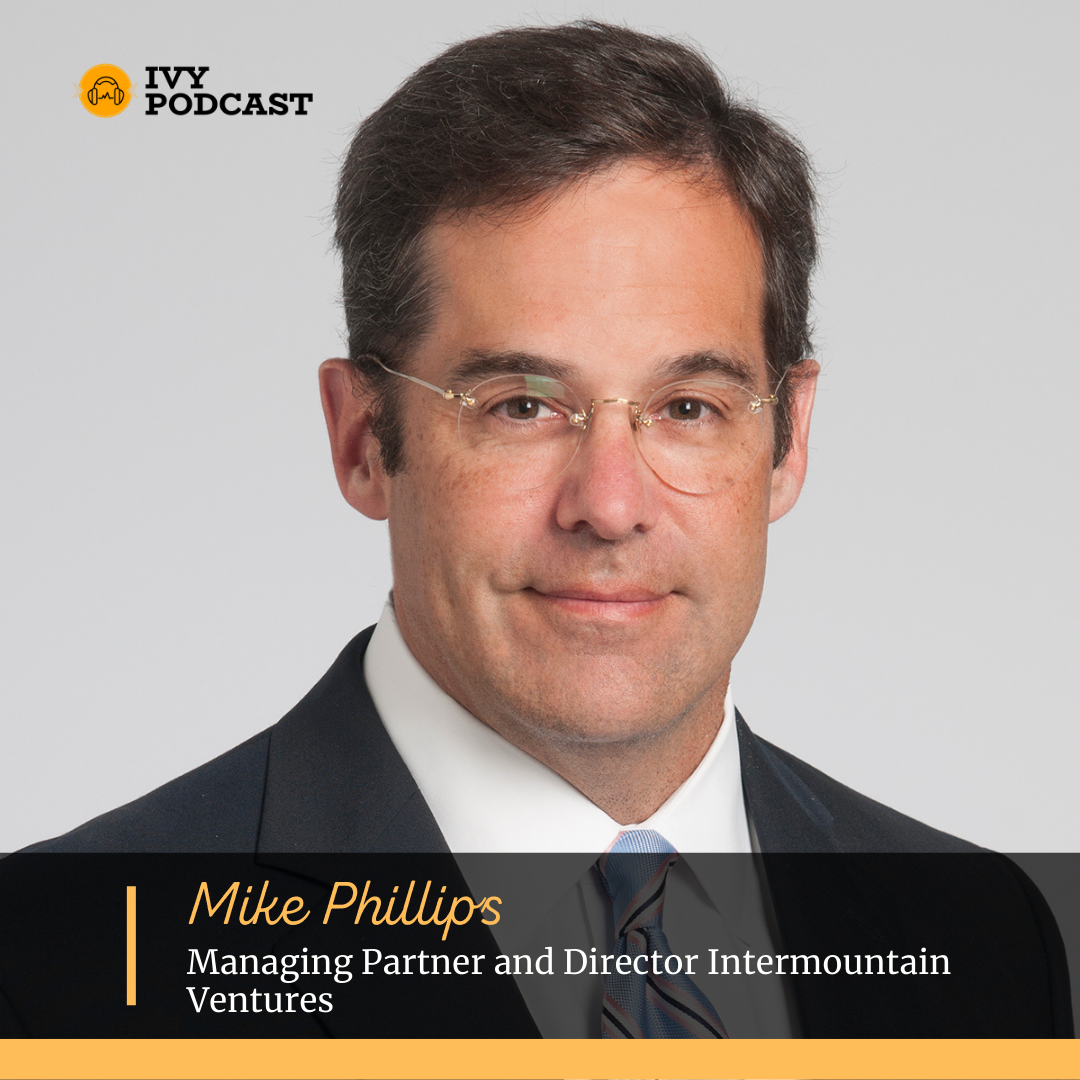
Michael Phillips MD, MBA, Managing Partner and Director Intermountain Ventures, directs business development and venture investment for the Intermountain Venture Fund. The fund seeks to bring new technology and businesses to Intermountain Healthcare from both internal and external sources to improve the lives and health of our caregivers and patients. Previously, Dr. Phillips served as the Chief of Outreach and Clinical Services at Intermountain Healthcare supporting outreach, Telehealth, and clinical shared service design and deployment.
Prior to joining Intermountain, Dr. Phillips practiced as a clinical neuro-radiologist at Cleveland Clinic since 2002. He was director of business development in the Cleveland Clinic Imaging Institute and served on the Cleveland Clinic Board of Directors and as the co-chair of the Care Affordability Task Force, identifying and developing ways to improve efficiency and lower the cost of care.
Dr. Phillips earned his medical degree from Columbia University and his undergraduate degree from Amherst College. He completed a radiology residency at John Hopkins Hospital and a neuroradiology fellowship at the University of Pennsylvania. He earned an MBA from the University of Michigan.
Episode transcription:
Mike Phillips: [00:00:25] Yeah. Hi Mike Phillips. I am one of the partners of the venture fund and intermountain healthcare, and glad to be here today. [00:00:34] Jahn Karsybaev: [00:00:34] Great, Mike, thanks so much for finding time. Join us on the Ivy Podcast today. Starting 2021 on the right note, my talking to you is super exciting. Tell us a little bit more about your backgrounds and maybe some context around your current organization. [00:00:51] Mike Phillips: [00:00:51] Yeah. So, I’m working in venture through a pretty secure, I am a neuro radius biologist by training and was a neuroscience researcher for probably about 20 years with grants from the NIH and DOD, I did functional brain imaging over that time period, but always had an interest in companies, health care businesses, and I actually entered into the whole business arena after a patent of mine was sold by the Cleveland clinic. And I took that money and went to business school and have kind of done business related work since then both with the Cleveland clinic. And now here at Intermountain. And about a year or so ago, we started out a venture funded Intermountain and that is the sort of brief history of my background. [00:01:50] Jahn Karsybaev: [00:01:50] Oh, that's super exciting. And you guys are based out of Salt Lake City. [00:01:53] Mike Phillips: [00:01:53] Yes. Intermountain has 24 hospitals that spread over the primarily Utah, but also we have practices inside Nevada and inside Southern Idaho as well. So, as an organization, which is really focused on promoting health, we have more than 50% of our patients at full risk. So we really are, and that's growing every day. So we're a value oriented healthcare system, which makes us a little bit, not necessarily unique, but certainly towards the end of value=based health systems. [00:02:39] Jahn Karsybaev: [00:02:39] Wow, that's super exciting. And I definitely want to dive a little bit deeper into that with you. From a standpoint of just the overall organizational culture of your company, I'm pretty sure innovation is at the forefront with your guys's need to continuously innovate, to look for innovative solutions, whether for investment purposes or working with any of your clients, share with us any strategies or initiatives that really help you foster and build that culture of innovation within your company. [00:03:10] Mike Phillips: [00:03:10] So we have a couple of things that we do on that. First of all, our venture fund is completely directed into things that improve the performance of our healthcare system and improve the health of people. That we care for. So we only invest from our venture fund in products that we use in Malton and we assess them in sort of the following way: do we believe that the company can prove value for our patients here at Intermountain makes them healthier, allowing us to provide lower cost care. Do we believe that the company has legs to go externally and work out in the greater world to provide better healthcare. And importantly, do we believe that Intermountain by participating with the company can make them better and help them grow. And so we want to be able to provide value to that company because we believe they help us provide great healthcare. We want the rest of the world to benefit from that too, because first and foremost, we're caregivers. And then the last component for us is, if we're creating value in the company, is there a way for us to extract that value back for Intermountain Healthcare? And so in our case, we do that in terms of investing in the company. Oftentimes we'll run pilots with companies and take warrants for running those pilots. And we really get actively invested in companies. So we're, if it's providing good care here at Intermountain, and we believe the company has value and we've invested, we'll go out and help them tell the rest of the world in healthcare that they have a great product. And those folks should be using it. So the reason why we want to be invested in that way is that the returns for that for us, because we're a not-for-profit health system, just go back into us, providing better healthcare for more people. So at the end of the day, our patients get to benefit from the success of the company, as well as the organization proper, because all the money that we make in Intermountain goes back into providing healthcare for folks. So hopefully that gives you a sort of an idea of our organizational structure, and then I would add just a little bit to put some color on your innovation. So we also actively select these companies by going out to our clinicians and finding out what they need. So we solicit ideas from them directly. We also have a program called the Foundry Program at our organization, that is headed up by a group of folks who literally search out ideas in our organization and help people bring them to fruition, both in terms of things that will be done internally. And things that we'll be able to potentially spin off in a company that's headed up by Randy block at our place. And he does an awesome job at making that happen. So, we actively foster innovation amongst our folks through that Foundry Program. [00:06:29] Jahn Karsybaev: [00:06:29] Oh, that's super exciting, and with you guys, the venture funds, I'm pretty sure you'll continue to look out for the research info. As far as the latest trends or what are the latest innovations in your space? So curious to get your take on kind of what are you currently researching? What are you currently observing in terms of that next week of latest innovations or ideas in your space or share with us, I guess, to the extent that you can, what really excites you these days and what are you looking for? What do you believe would be the next big thing? [00:07:10] Mike Phillips: [00:07:10] So, a lot of the stuff that we're working on now is on providing better inner information for clinicians and our patients to make really good decisions. So those are our software that's out there that helps us better understand all the data in the medical record helps us make decisions. We have an active participation with a company called MDClone that is out of Israel, that does a great job at servicing data. We've also worked with several other companies that are out there. It is one of the companies we work with. They help us identify folks who potentially have gaps in care, may not be on the care path and the way that we would like them to be and allows us to let our clinicians help those patients get back into the right path of care and allows us to execute on just getting them to be healthy, essentially. So we are able to both follow patients, as well as identify things that aren't working as well as they should incorrectly. So a lot of what we're focused on is getting the right data to the right people at the right time so that we can make sure that people stay healthy. So those are the kinds of innovations that we're looking at in that space. We also have done some work in looking at. No precision medicine, things like genomics and proteomics are things that we've been interested in doing. And again, this is focused on us being able to deliver this care. We are really much more clinically focused company rather than a sort of traditional academic research organization. And because we hold risk on as many patients as we do, we're really focused on delivering that care today. So we're really known very much so focused on products, old information, technology products, things that are in new fields of genomics and proteomics and others that allow us to impact the care of people today. So hopefully that gives you a little bit of a flavor, right? [00:09:24] Jahn Karsybaev: [00:09:24] Right. No, it absolutely does definitely make sense in terms of you guys, the area that you guys primarily invest in and that's exciting, especially these days with the pandemic and everything that's going on in the world, I'm pretty sure that also adds different color to that. In terms of just me being a technologist and information technology, software development, advanced tech is all very exciting to me. So I can't help, but ask in terms of machine learning, artificial intelligence and all of those advanced technologies, they're reinventing different industries and healthcare is no exception. How do you think these trends will impact your industry from an innovation standpoint? And moreover, more importantly, I'm curious, what are the best strategies to adopt such technologies when it comes to healthcare. [00:10:18] Mike Phillips: [00:10:18] Yeah. So I think that it's a complicated process. I think there's clear value in this. I'm competent that we can develop algorithms, which will do a phenomenal job both in identifying people, understanding their risk and giving us new information or better information about how to treat them down the road. What I think the biggest concern for me is not actually the technology. Because I think the tech it's proven itself very well in many fields. I think the biggest aspect of making it has the kind of value that we would like to have at see inside healthcare is closing the loop from the insights and data to actual changes in behavior for our patients and for our doctors and for the APS and everyone else who works inside our health system. So there are a lot of human factors engineering that needs to occur so that we can take those insights and actually apply them because we can get the insights out. I mean, I'm confident in the technology, but what I would say to you is that most health systems in the United States aren't executing uniformly across all their patients for the things that we already know are right to do. So, we don't have all of our patients getting optimal treatment for all of their disease processes, even though we kind of know what to do. So it's a combination of both developing that technology but equally as importantly, getting people to execute on it. So there's some blocking and tackling in terms of getting to changes in behavior for both patients and caregivers that needs to be done in Congress, and at the same time or in parallel with us applying AI and machine learning, and maybe the simplest way of putting that this is sort of a little bit of roundabout in the way of doing it is that we don't even uniform. We execute on other things that we need to know that we know we need to do right now. So getting the extra information out of AI will be incredibly important, but we need to work on being able to execute on it. Okay, that makes sense. [00:12:46] Jahn Karsybaev: [00:12:46] Yes, absolutely. It definitely does make sense. And from investing in technologies, these are buzzwords, but at the same time, those concepts have been around for quite some times at different labels, but it's more of a viewing that as an enabler especially when it comes to healthcare. I think it's definitely here to stay here to kind of help the healthcare system in general to provide better care, whether that's through technology, through the algorithm and so forth. So that's pretty exciting when you guys are doing it and in general, for those who are not familiar with the overall concept of value-based care versus the volume-based, can you just give us a little bit of a context from your perspective, if you were explaining that to your neighbor, let's say. [00:13:35] Mike Phillips: [00:13:35] Yeah. So, I think the basic way of thinking about it is that value-based care basically rewards people for staying healthy, because it's the old goal of this value-based care is that you receive payments, usually in the form of a per member per month payment premium. And that's the money that you have to work with to keep someone healthy. And it really, in this case drives the sense that preventative investment in healthcare, all the things that you can do to keep people healthy, have value for you as the person who sort of owns that insurance contracts, because at the end of the day, healthy people are cheap. And they just spend less, if you can keep someone healthy, they're going to spend less inside the system. And at the end of the day, it's also what we signed up for. As doctors, we signed up to keep people healthy. The other side of the coin is the volume-based approach. And it literally pays a fee for everything that you do. So, if you see someone in the office, you get paid first, be seen in the office, do a surgery, you get paid for doing a surgery, it really pays for widgets and procedures. And when you think about that, rewarding someone for doing something means that they'll do more of it. And that's probably the biggest issue with the service healthcare is that it's not focused on receiving a payment for keeping someone healthy, rather it's focused on being paid for treating their disease. So it's just a difference in philosophy in the process of how you care for folks and they're good people performing good medicine in both groups of things, we believe that the value-based approach to healthcare is a better one and promotes health more generally. But there's room for disagreement and the thought process is on all of this. It's just that the difference is one pays for procedures and the other effectively gets a set amount of money to care for someone and drives towards decreasing costs by improving the patient's health. [00:16:13] Jahn Karsybaev: [00:16:13] Yes, absolutely. And thank you for some summarizing that is essentially what it sounds like. It really value-based care really focuses on kind of preventive care in terms of really kind of focusing on the overall health of the patient versus a particular procedure. That's almost reactive in nature when something already happened. [00:16:38] Mike Phillips: [00:16:38] Yeah. And I think that's probably a good way of thinking about it. And there is some thought process of people who are basically helping you don't need to do anything for them. You're not spending a lot in that P for service point of view, but I think that the value of books takes the long view of the patient. And the concept that you're going to keep them healthy at the end of the day, because you receive some fixed rate for this. So, we'll have your greatest earnings in that situation, if the patient stays healthy. And so you do everything you can to promote that from a financial point of view, but put all the finances aside, we're in the business of caring for people. And our job is to promote health. And in fact the entire mission of Intermountain Healthcare is summed up in our mission statement, which is helping people lead the healthiest lives possible. So, it's really just that whole philosophy fits in with the concept of value-based care and information technology and AI and ML and all the things that we can do to get insights and better understand our patients, the best tools that we're going to have in the end to keep them healthy. So, it really is a perfect fit for this kind of technology, because we will use the algorithms that people have used in many other fields to be able to design a great way to care for people and help them be healthy. And the amount of information on a given patient, it has risen so quickly that it's hard for a person whose brain is not designed to sift through tons of data, but maybe more designed to stay out of the belly of a tiger to sort through that much data. And literally the medical literature is doubling every three months now in terms of total knowledge, there's no way for a human being to keep track of that. But fortunately we have very capable and smart algorithms that can help us understand the most relevant things. And importantly, bring all that relevant data to the point of care where we can use it to take good care of people. So, we're very bullish on the concept of AI and ML and we believe that it will be in the future of medicine. We also really want to make sure that the human part of it, which is changing the behavior of our doctors and our APS and all of our healthcare providers and the patients that we translate all that good information into actually changing their behavior and getting better health at the end of the day. [00:19:39] Jahn Karsybaev: [00:19:39] Right. Absolutely. No, I love these concepts and it definitely makes sense in terms of kind of, you mentioned a lot from that patient data or the overall kind of demographic information that's out there available and for organizations to be able to use that data to create the data models that are actionable to predict certain behaviors, to predict certain trends. Second, that's super exciting. And there's definitely a lot of opportunity for innovation in that space. [00:20:07] Mike Phillips: [00:20:07] And we're seeing every day, there are folks out there who are creating great tools to help us predict things. Everything from who will get a blood infection in the hospital, we call that sepsis, to a person who's going to be at a higher risk for developing diabetes within the next three years. So those kinds of algorithms are already out there, they're being actively used by people. And there is a little bit of a potential balance in there that we have to get to with the concept of patient privacy and their data, and being able to actively protect that. We of course are laser-focused on making sure that our patient's data is appropriately protected. There are new technologies out there that are very promising for that including being able to generate synthetic data from existing databases which looks like it will be able to give us the value of the underlying data without any of the patient information with regard to personal health information. So we think that there's an opportunity here for us to learn a ton from the patients while still completely protecting their privacy, which we need to do as caregivers. [00:21:38] Jahn Karsybaev: [00:21:38] Absolutely. Can you share with us what are your sources of information? What are your sources of learning? What do you use as your content diet that I like to call? If it's a particular publication block blog, or even Twitter profile, just curious what are your sources. [00:22:01] [00:22:00] Mike Phillips: [00:22:01] Kind of everything and anything we actually get, I guess. Sources from people who just directly email on things. I use the usual financial kinds of things, go to Crunchbase and other places, look through anything I can get my hands on and use just sort of standardly available software at Google to do news aggregation with the appropriate search titles. So, that's kind of the approach that I've done to look at this and then spend a lot of time on the phone, talking to people. I think that one of the ways that you get that information is that there's no way for one person to effectively find all of this stuff. So, you know, you do a little sort of crowdsourcing watching what folks are looking at, using and talking to people who're in the field and sort of getting leads from that standpoint. And I think it's just being on some level being open-minded to that, there are a lot of great sources of information out there. You're going to have to sift through a chunk of it and you can help yourself a little bit with the appropriate kind of aggregation of data, but I'm not sure I have the one place that you would go to find things. [00:23:38] Jahn Karsybaev: [00:23:38] Makes sense. It's a combination and depends on the situation. So I completely understand that. Last, but not least. Mike, what are you currently reading and what is one book that you always recommend to others and why? [00:23:55] Mike Phillips: [00:23:55] I have a really broad interest in reading, so I read a lot of science related stuff. And then I read some business related books. If I had a business related book and I'm not going to remember the full title at this point, but there's a really great book out there that is just basically a manager's guide to finance which I think has a great deal of value for folks. I will get you the actual reference because I'm not thinking of it right now of recent things that I've read. I read a book on quantum gravity recently, and I tend to read a pretty broad range of things. There's also for those who are sort of a bent towards AI and ML. There is a great relatively recent biography about Claude Shannon. That one that I would recommend, and I have to get you the actual reference. Here is a book, that's a biography of Claude Shannon, who is sort of the father of information theory. And it's a great book. And really, I think it allows people to understand some of the thought process that people sort of take for granted now, but underlies a lot of how we think about information and how it should be used and structured. So, I think particularly for folks who are interested in kind of the tech end of things, it's great work. It provides a lot of reference and really some very interesting thought processes. So, worthwhile reading and I will get you the title. I should have looked it up before we got on the phone, but I can get it back for you. [00:26:18] Jahn Karsybaev: [00:26:18] Yep. Yeah, absolutely not a problem. And we'll make these titles and authors available with the episode notes, Mike, and thank you enough for your time today. It was very insightful, short conversation, I’ve learned quite a bit. Definitely look forward to staying in touch with you. Perhaps we could do another episode towards the end of the year to see how much have transpired and changed and see how you guys are doing. [00:26:43] Mike Phillips: [00:26:43] Sure. That'd be great. And yeah, really appreciate having an opportunity to talk with you today. [00:26:49] Jahn Karsybaev: [00:26:49] Thanks so much, Mike.
Welcome to Ivy Podcast! On this Executive Leadership Podcast we interview top executives from Fortune 500 with a focus on strategy, innovation, negotiation and everything about leadership.
Our Podcast for Executives features Thought Leaders who share practical insights for effective leadership, continuous innovation and strategy execution.
Ivy Podcast is a rapidly growing Executive Podcast, which covers topics like Hiring and Retention Strategies, Talent Acquisition, Innovation, Digital Transformation and much more.
On this Leadership Podcast, you will find conversations with the most accomplished executives from Fortune 100 companies. We aim to cover a broad range of industries and create a learning platform for the most ambitious and high potential professionals who are looking to learn from the most accomplished Executives on this Business Leadership Podcast.



